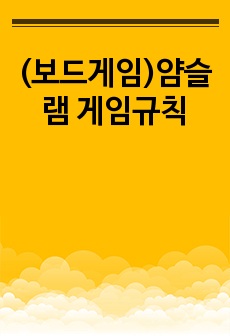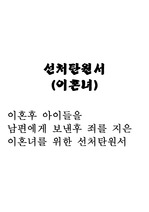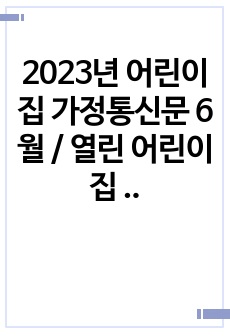Creating Collective Scientific Consciousness: A Cultural-Historical Study of Early Learning about Earth and Space in the Context of Family Imaginary Play
* 본 문서는 배포용으로 복사 및 편집이 불가합니다.
서지정보
ㆍ발행기관 : 환태평양유아교육연구학회
ㆍ수록지정보 : Asia-Pacific journal of research in early childhood education / 10권 / 2호
ㆍ저자명 : Yijun Hao, Marilyn Fleer
ㆍ저자명 : Yijun Hao, Marilyn Fleer
목차
A Cultural-Historical Understanding of the Dialectic between Collective Imagining and Individual ImaginingA Cultural-Historical Understanding of the Dialectic between Imagination and Reality Existing in Play
Research Design
Findings
Conclusion
Acknowledgements
References
한국어 초록
Based on a cultural-historical perspective, where play is conceptualized as the creation of animaginary situation, this study seeks to examine how scientific learning is fostered throughcollectively created imaginary situations during everyday family practices. This study forms part of abroader study, and in this paper the focus is on a three-year-old child and his family from MainlandChina. A theoretical discussion of data collected reveals that a collectively created imaginarysituation provides the conditions for a child’s exploration of scientific phenomenon not directlyobservable (e.g. Earth rotation and revolution). A form of collectively supported scientificconsciousness was realized through discussions, imagining and re-imagining of everyday objects asscientific phenomenon. Scientific laws, as the rules of the scientific play being enacted by the family,enabled the child to be both imagining and viscerally experiencing which cannot be seen. Thefindings contribute to understanding how families create playful conditions that support scientificlearning in the early childhood period.영어 초록
Based on a cultural-historical perspective, where play is conceptualized as the creation of animaginary situation, this study seeks to examine how scientific learning is fostered through
collectively created imaginary situations during everyday family practices. This study forms part of a
broader study, and in this paper the focus is on a three-year-old child and his family from Mainland
China. A theoretical discussion of data collected reveals that a collectively created imaginary
situation provides the conditions for a child’s exploration of scientific phenomenon not directly
observable (e.g. Earth rotation and revolution). A form of collectively supported scientific
consciousness was realized through discussions, imagining and re-imagining of everyday objects as
scientific phenomenon. Scientific laws, as the rules of the scientific play being enacted by the family,
enabled the child to be both imagining and viscerally experiencing which cannot be seen. The
findings contribute to understanding how families create playful conditions that support scientific
learning in the early childhood period.


















